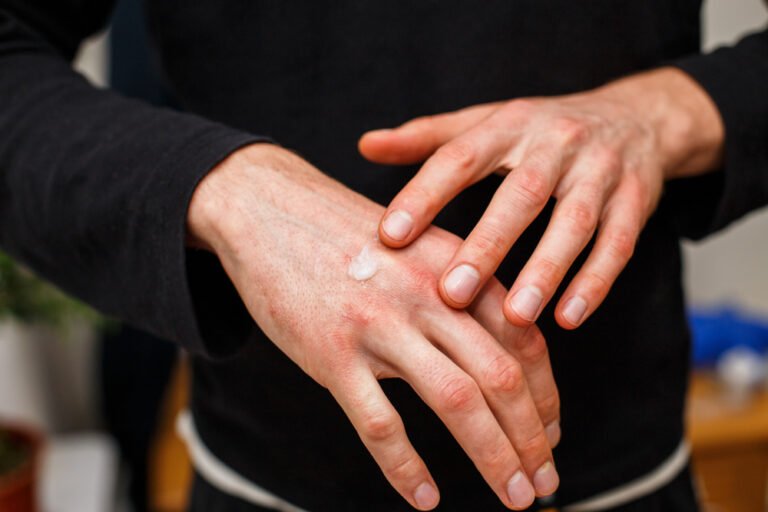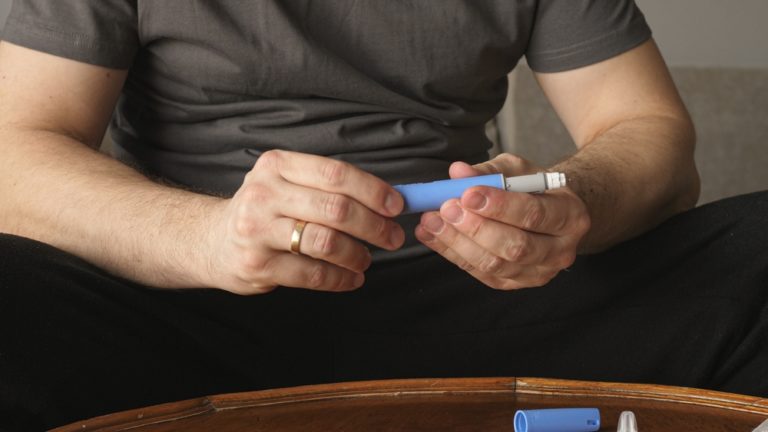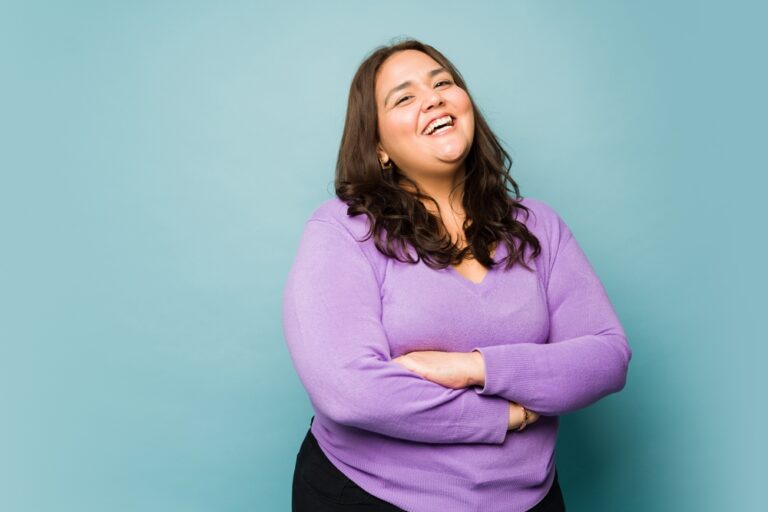A measure of anxiety is part of life, but when that anxiety becomes overwhelming, it can sap our joy. If you’re feeling anxious, please rest assured that you are far from alone. Right now, 4.6% of Canadians are experiencing an anxiety disorder.
Whether you have an anxiety disorder or not, there are helpful tips for anxiety that can improve your symptoms. In some cases, they can help you to address what’s causing your anxiety. Others can help you to change your thought patterns a feel more positively about your situation.
Join us as we explore ten top tips for anxiety that can make a real difference in your life.
1. Identify Anxiety Triggers
Anxiety affects people in different ways and the triggers can be just as varied. Some of the most common anxiety triggers are:
- A messy home
- Not taking care of yourself
- Lack of sleep
- Stress
- Financial worries
- Socializing
- Work
- Relationship difficulties
Sometimes, it’s hard to identify the triggers. We’re so busy with our everyday lives that it can be tough to take a step back and see what’s amping up our anxiety levels.
It may be good to spend some time reflecting on your life and writing down situations that increase your anxiety. Be honest with yourself but patient at the same time. This process may take some time, so don’t expect to find all the answers in one session.
If you’re finding it hard to identify anxiety triggers, talking to a therapist can help. They have the expertise to help you see what’s triggering your reactions and what you can do about them.
2. Get Sufficient Rest
There is a complicated relationship between anxiety and sleep.
Many people who live with anxiety also suffer from sleep disorders, such as insomnia. For others, anxiety may make it hard for them to relax and fall asleep at night as they are ruminating over their worries in bed. Not being able to get to sleep can in turn lead to more anxiety.
Simply saying “get more sleep” is not the answer. One of our top tips for anxiety is to seek help to improve your sleep. This could include cognitive-behavioral therapy (CBT).
CBT is a well-researched and proven treatment for anxiety disorders. It is a type of talking therapy that can help you to change negative patterns of thinking. There is specific CBT for insomnia if your sleep difficulties persist.
Good sleep hygiene is another important anxiety management tool. This means getting yourself and your environment right so that you can enjoy a restful night’s sleep. It can help you get into a great schedule that sets you up for sleep success.
For some people, improving the quality and quantity of their sleep can make a big improvement in their anxiety levels.
3. Take Care of Your Diet
We’ve been told since childhood that we are what we eat. And our diet can have a huge impact on our mental wellbeing. You should avoid eating the following foods:
- Processed meat
- Fried food
- Candy
- Cakes and pastries
These foods can be addictive and it takes effort to make the change. But by swapping out these foods for nutrient-dense ones, you can improve not just your mental health, but your overall health as well.
Try including more vegetables, fish, fruit, and whole grains. Talk to your doctor about your diet. They may recommend increasing your intake of foods that are high in magnesium, such as spinach, nuts, and seeds.
4. Watch Your Caffeine and Alcohol Intake
Caffeine might stimulate the brain and get you going in the morning, but it’s unlikely to do your anxiety much good. It can exacerbate the symptoms of anxiety and cause a racing heart and nausea in some people.
If you’re living with anxiety, it’s probably best to avoid it altogether. If you can’t kick the caffeine habit then try limiting yourself to a small cup of coffee in the morning.
Did you know that tea has less than half the caffeine of brewed coffee? Switching to tea could help. Also, avoid energy drinks that are loaded with caffeine – more than you would find in coffee.
A 2021 review of studies into the effect of caffeine on people with panic disorder is interesting. It found that drinking 5 cups of coffee induced panic attacks in a large proportion of these people. So if you’re experiencing regular panic attacks, cutting out the caffeine could be the way to go.
5. Get Some Exercise
Cognitive-behavioral therapy (CBT) is the most common treatment option offered for anxiety management. A study looked at the benefits of combining this with physical exercise. It found that adding in several sessions of exercise a week was beneficial.
When you’re living with anxiety, the thought of exercising can be overwhelming. But don’t worry – we’re not encouraging you to run a marathon. Start small and try some aerobic exercise.
Maybe begin by taking a walk around the block. Gradually increase that to a brisk walk. If you enjoy swimming or sports, such as tennis or biking, try to schedule time for them each week.
Exercise helps to release feel-good endorphins that can help you to feel more optimistic.
6. Spend Time with People
It’s super tempting to isolate ourselves when we’re suffering from anxiety. However, one of the best self-help tips for anxiety is to make time for other people.
If you find social gatherings cause anxiety at first, why not try volunteering? Giving a little of your time to help others is a great way to feel better. Also, make time for friends and family on a regular basis.
Being around people helps our body to release oxytocin. This is one of our feel-good hormones. It also helps to switch our focus onto other people, which can help us to avoid focusing on our problems for a while.
7. Develop Stress Management Techniques
Stress can trigger anxiety, so it’s important to learn to manage those feelings.
Relaxation techniques can help. They can help us to control our breathing and focus our minds on something other than our stressors.
Also, try to control the stress in your life. Some stress is inevitable, but by saying no, you may be able to reduce some of it. Also, try to have a realistic view of what you can achieve, and don’t berate yourself for not achieving perfection.
8. Try Aromatherapy
Essential oils release chemical compounds that have been shown to reduce feelings of anxiety and help you to relax. They can even help you to manage panic attacks, along with other strategies. Some oils that can help with anxiety include:
- Chamomile
- Bergamot
- Lavender
- Lemon
You will need to research each one carefully to find out how to use it safely. A diffuser can be a great way to get the benefit of the oil without it coming into contact with your skin.
9. Keep a Journal
Keeping a journal can be a useful tool in anxiety management.
A 2018 study found that journaling can help reduce depression and anxiety symptoms after just one month! After more time spent journaling, people’s resilience also improved. For some people, the act of recording their feelings can help to release negative thoughts and calm their minds.
Journals can also be a useful way of understanding your anxiety. You may be able to identify triggers and negative ways of thinking.
You can buy journals specifically designed to help you cope with anxiety by providing prompts. Or you can search online for more prompts that you find helpful.
10. Seek Medical Support
We don’t hesitate to seek help when we have a physical health issue. But facing up to our anxiety issues and seeking medical help can be a challenge. Be assured that doctors are well trained to help you to cope with anxiety.
Don’t assume that they’ll be quick to suggest medication. First of all, they are there to listen and understand how you feel. They are not there to judge you.
They’ll talk you through the different treatment options open to you. This can come in a variety of forms, including counseling and medication. They will also discuss some of the points mentioned above, such as your lifestyle and exercise.
Once you seek medical help, you have the support of a trusted professional. Someone that you can turn to who can help you get the support you need. Your doctor may also refer you to a specialist if they think that would be more helpful for you.
The Bottom Line for Managing Anxiety
These helpful tips for anxiety can help you to live a calmer, happier life. Improving your sleep, diet, and exercise will help you to have more energy. Getting together with friends and family can release feel-good hormones.
If you’re living with anxiety, it can be hard to go out and face your doctor. But what if you could do that from the comfort of your own home? At Walk In, our doctors are just a phone or video call away.
See an Online Doctor for Anxiety Management
Please note:
Walk In does not provide medical advice. The contents of this website, including text, graphics, images and any other material are intended for informational and educational purposes only and are not intended to substitute for professional medical advice, diagnosis or treatment. Although efforts are taken to keep any medical information on the website updated, we cannot guarantee that the information on our website is correct or reflects the most up-to-date medical information.
Please consult your physician for medical advice. Always seek the advice of a physician or other qualified healthcare provider with any questions regarding a medical condition. Never disregard or delay seeking professional medical advice or treatment because of something you have read on this website or on the internet.


